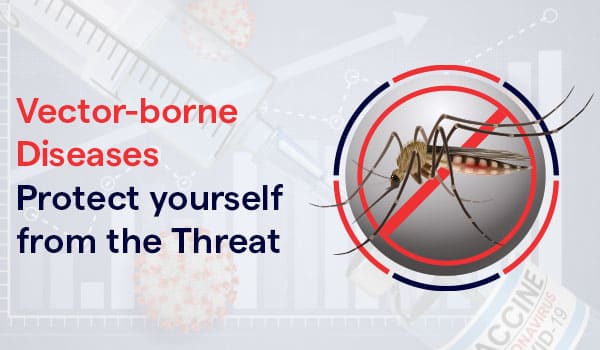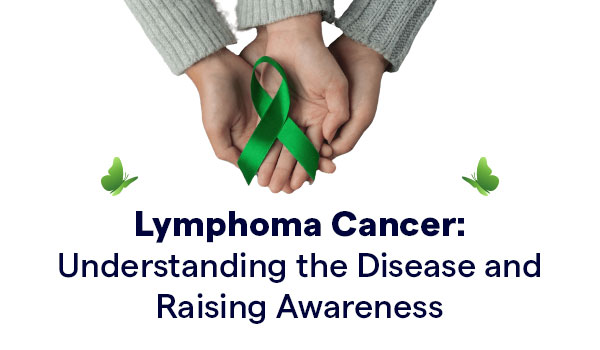
Source of Infection
Various pathogens, including viruses, bacteria, and parasites, cause vector-borne diseases. These pathogens are transmitted to humans when an infected vector bites them. The vector becomes infected with the pathogen when it bites an infected animal or human.
Types of Vector-borne Diseases
There are many different types of vector-borne diseases. Some of the most common include:
Symptoms of Vector-borne Diseases
Symptoms of vector-borne diseases can vary depending on the specific disease. However, some common symptoms include:
Prevention of Vector-borne Diseases
There are several things you can do to protect yourself from vector-borne diseases:
Avoid mosquito bites: Wear long sleeves and pants outdoors, especially at dawn and dusk.
Use insect repellent: Sleep under a mosquito net where mosquitoes are common.
Avoid tick bites: Wear long sleeves and pants in wooded or grassy areas. Check your body for ticks after you have been outdoors. If you find a tick, remove it carefully with tweezers.
Avoid sand-fly bites: Wear long sleeves and pants in areas where sandflies are common.
Get vaccinated: There are vaccines available for some vector-borne diseases, such as yellow Fever and Japanese encephalitis.
Treatment of Vector-borne Diseases
Treatment for vector-borne diseases will vary depending on the specific disease. However, some common treatments include:
Antibiotics: Antibiotics are used to treat bacterial infections.
Antiviral medications: Antiviral medications are used to treat viral infections.
Antimalarial: Antimalarial is used to treat malaria.
Supportive care: Supportive care, such as fluids and pain medication, may be needed to manage symptoms.
Vector-borne Diseases and Climate Change
Climate change is expected to increase the risk of vector-borne diseases. Warmer temperatures and more extreme weather events are expected to expand the geographic range of vectors and increase the transmission of diseases.
Vector Control Methods for Vector-borne Diseases
Several vector control methods can be used to reduce the spread of vector-borne diseases. These methods include:
Insecticide spraying: Insecticides can be used to kill vectors.
Larval control: Larval control measures can be used to kill the larvae of vectors before they become adults.
Habitat modification: Habitat modification can make areas less suitable for breeding vectors.
Vector-borne Disease Awareness Campaigns
Vector-borne disease awareness campaigns can educate people about the risks of these diseases and how to protect themselves. Also how to keep their surroundings neat & clean to avoid the breeding of mosquitos & other vectors.
Vector-borne diseases are a serious public health threat. However, there are several things you can do to protect yourself from these diseases. By taking preventive measures, such as avoiding mosquito bites and getting vaccinated, you can reduce your risk of contracting a vector-borne disease.
Still worried about vector-borne diseases?
We understand your concerns.
Vector-borne diseases can pose a serious threat to your health and well-being. At the best medicine hospital in Delhi, SIR GANGA RAM HOSPITAL, we are committed to providing comprehensive care and support to help you protect yourself and your loved ones from these preventable diseases.
Our team of experienced doctors and specialists is well-versed in the diagnosis, treatment, and prevention of vector-borne diseases. We offer a wide range of services, including:
Don't let vector-borne diseases control your life. To know more, book an appointment today.




